World leaders, including officials from the United States, are addressing the pressing concern of global warming.
An integral part of the discussion is the potential implementation of a carbon tax.
John Kerry’s Vigorous Advocacy for Carbon Tax
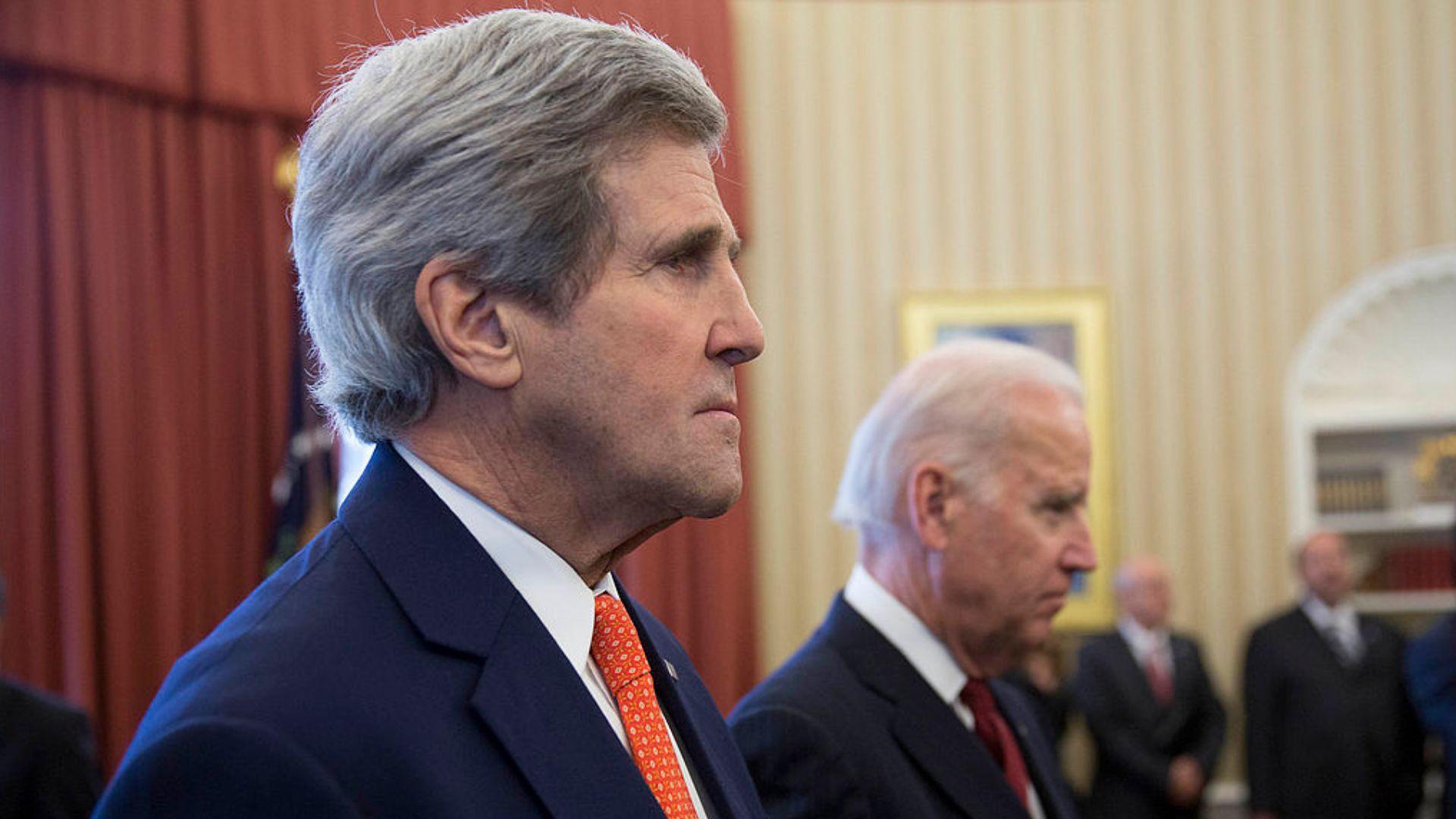
When discussing prominent advocates for the carbon tax, John Kerry’s name stands out. As President Joe Biden’s appointed “special climate envoy”, he tirelessly championed the carbon tax, viewing it as a pivotal strategy.
For Kerry, it’s a method not just of curbing emissions but of ensuring that environmental responsibility is at the forefront of policy making.
Areas of Significant Impact

The proposed carbon tax doesn’t just remain on paper; it translates to real-world implications. Primarily aimed at revamping fossil fuel consumption, it would significantly affect sectors like aviation and maritime transport.
For everyday Americans, this could reshape habits, inducing a more environmentally conscious approach in day-to-day activities.
A Global Conversation
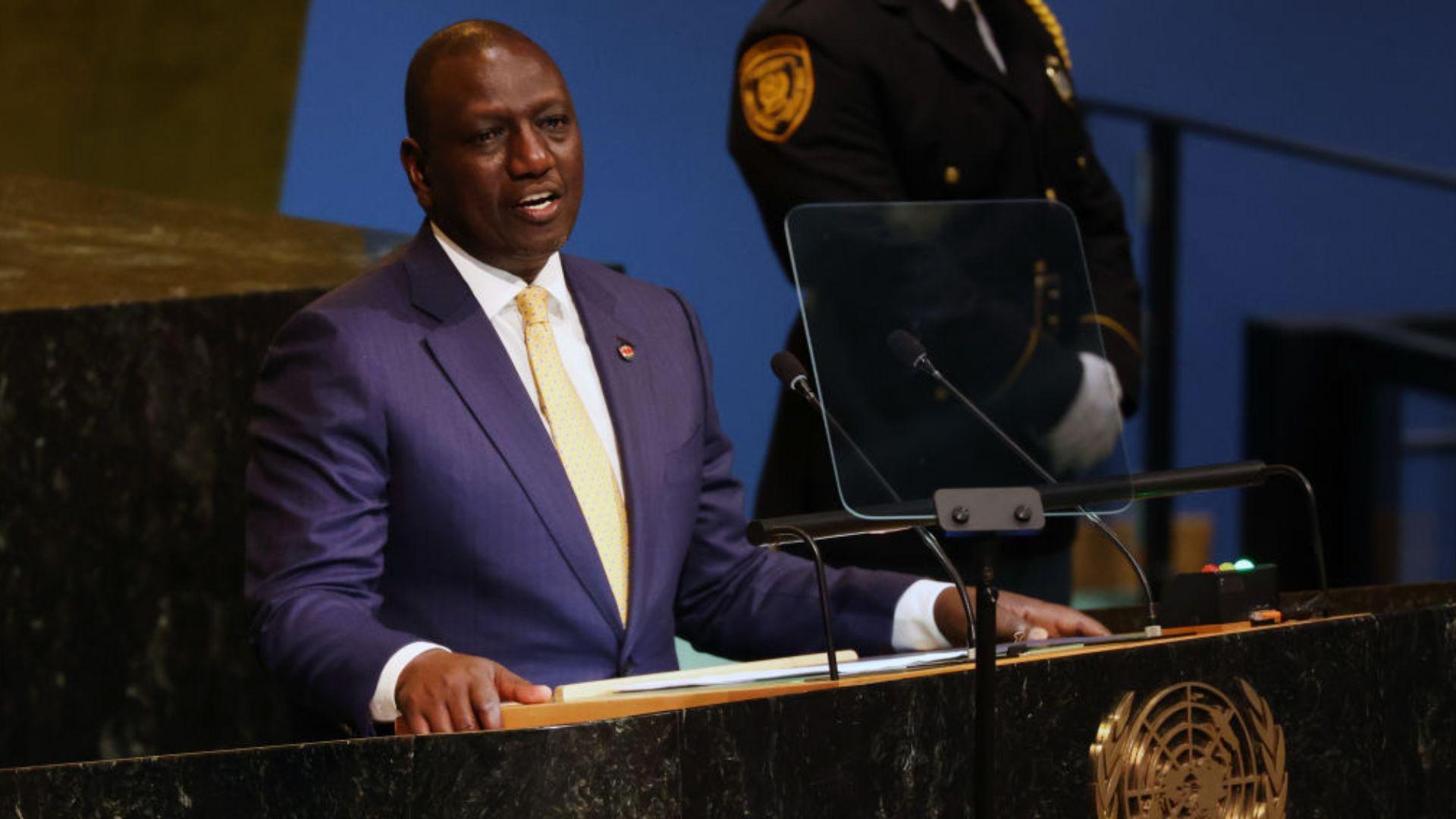
The Africa Climate Summit became the melting pot of ideas and discussions centered around a global carbon tax.
The primary objective? To collaboratively impose responsibilities on countries, pushing them to introspect and reduce their carbon footprints. It was a testament to the urgency that world leaders are attaching to climate change solutions.
Africa’s Climate Dilemma

A critical highlight of these discussions revolves around Africa, a continent bearing an inordinate share of climate change consequences.
John Kerry’s emphasis on the fact that most countries gravely impacted by climate changes are African underscores the region’s vulnerability and the global need to intervene effectively.
Weighing the Carbon Tax
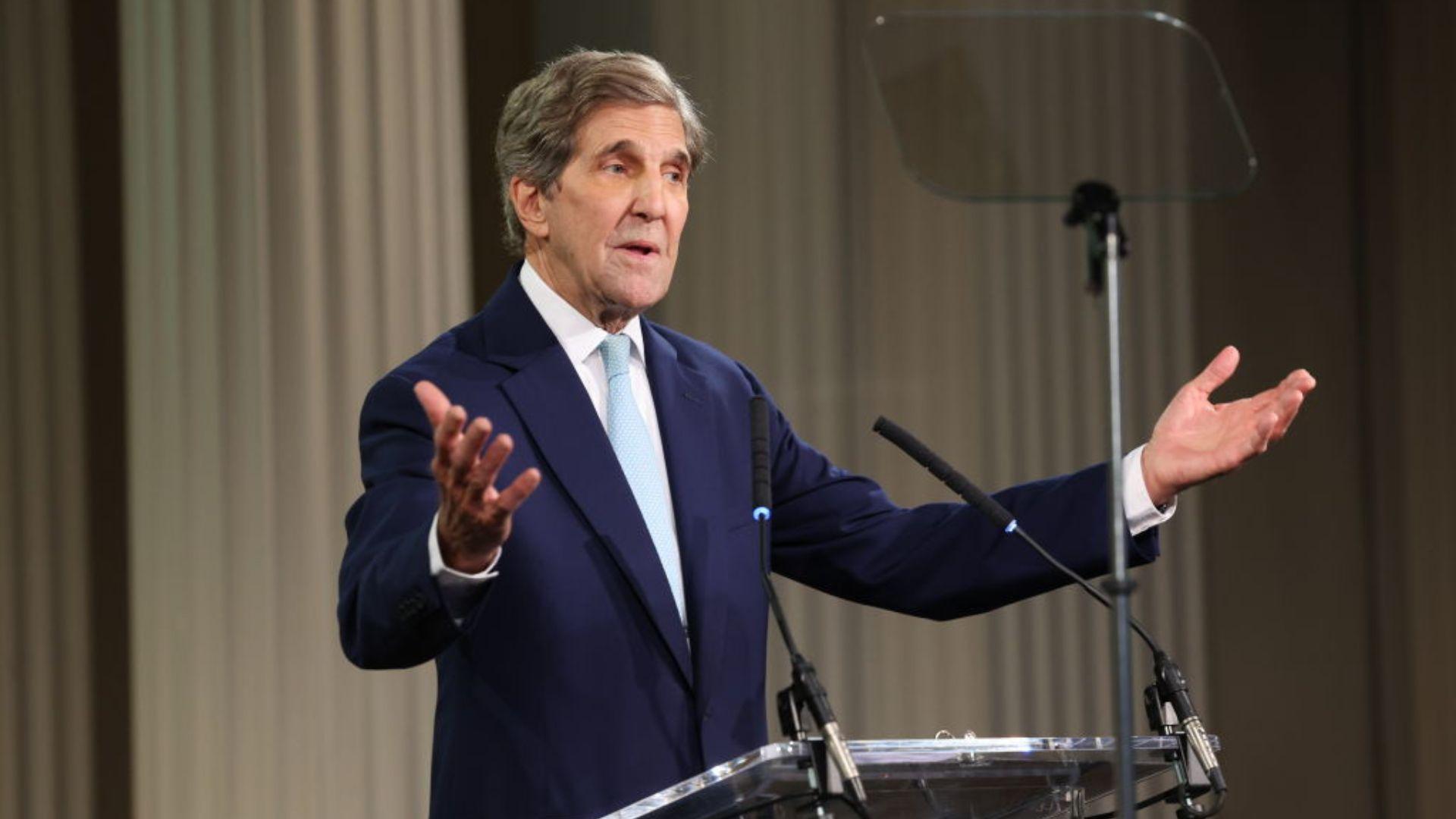
For John Kerry, the carbon tax isn’t just a policy; it’s a moral imperative. By emphasizing its fairness, he aims to ensure that polluters are held accountable for their environmental transgressions.
The tax, in his view, serves as both a deterrent and a tool for environmental reparations
A Possible Border Adjustment
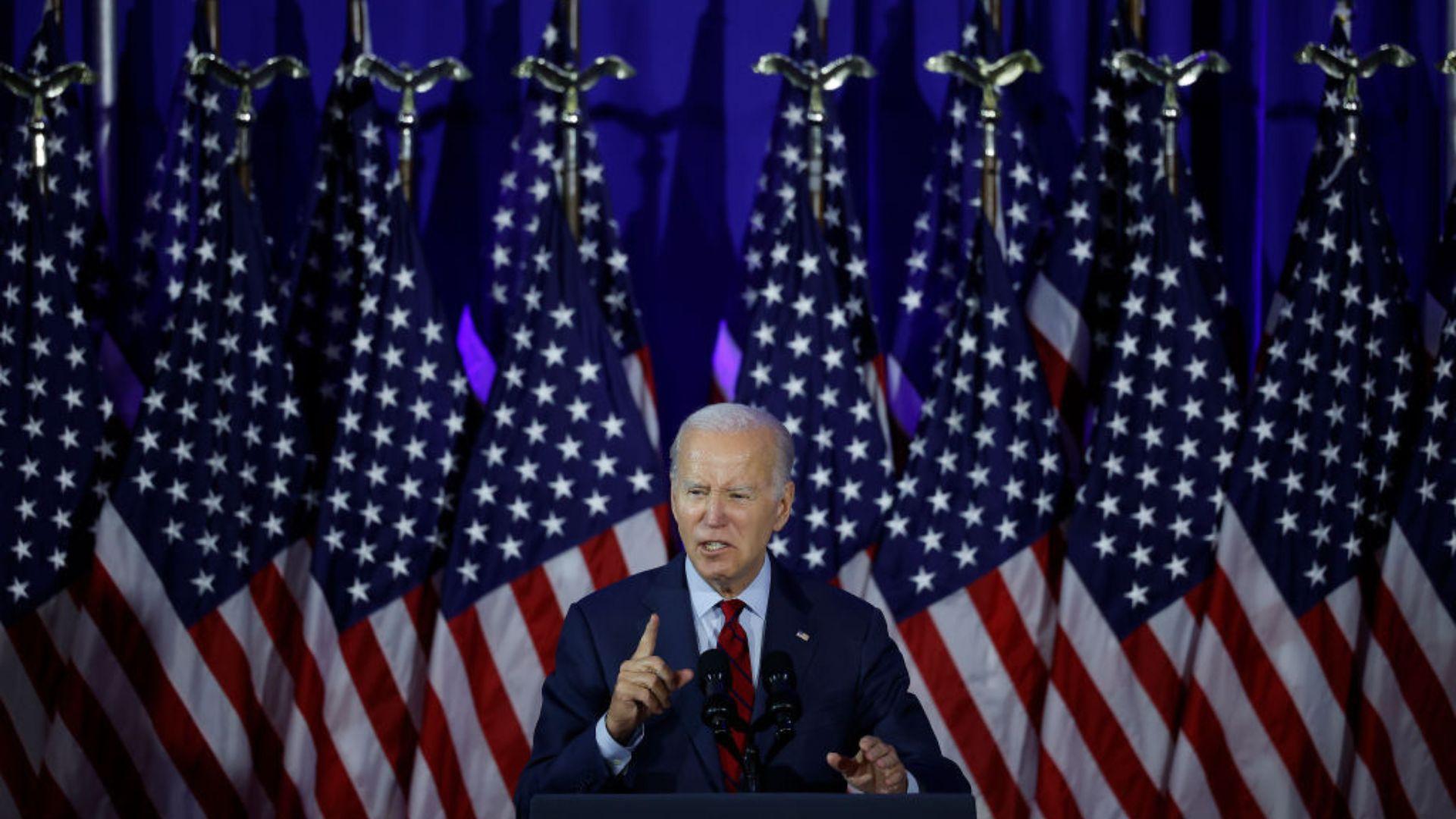
In March 2023, discussions with the Financial Times revealed a possible U.S. move towards a carbon border adjustment mechanism.
This policy, presently under active Biden Administration consideration, seeks to safeguard American businesses from unfair competition, urging international partners to adopt more sustainable practices.
Evaluating the Role and Potential of Carbon Offsets
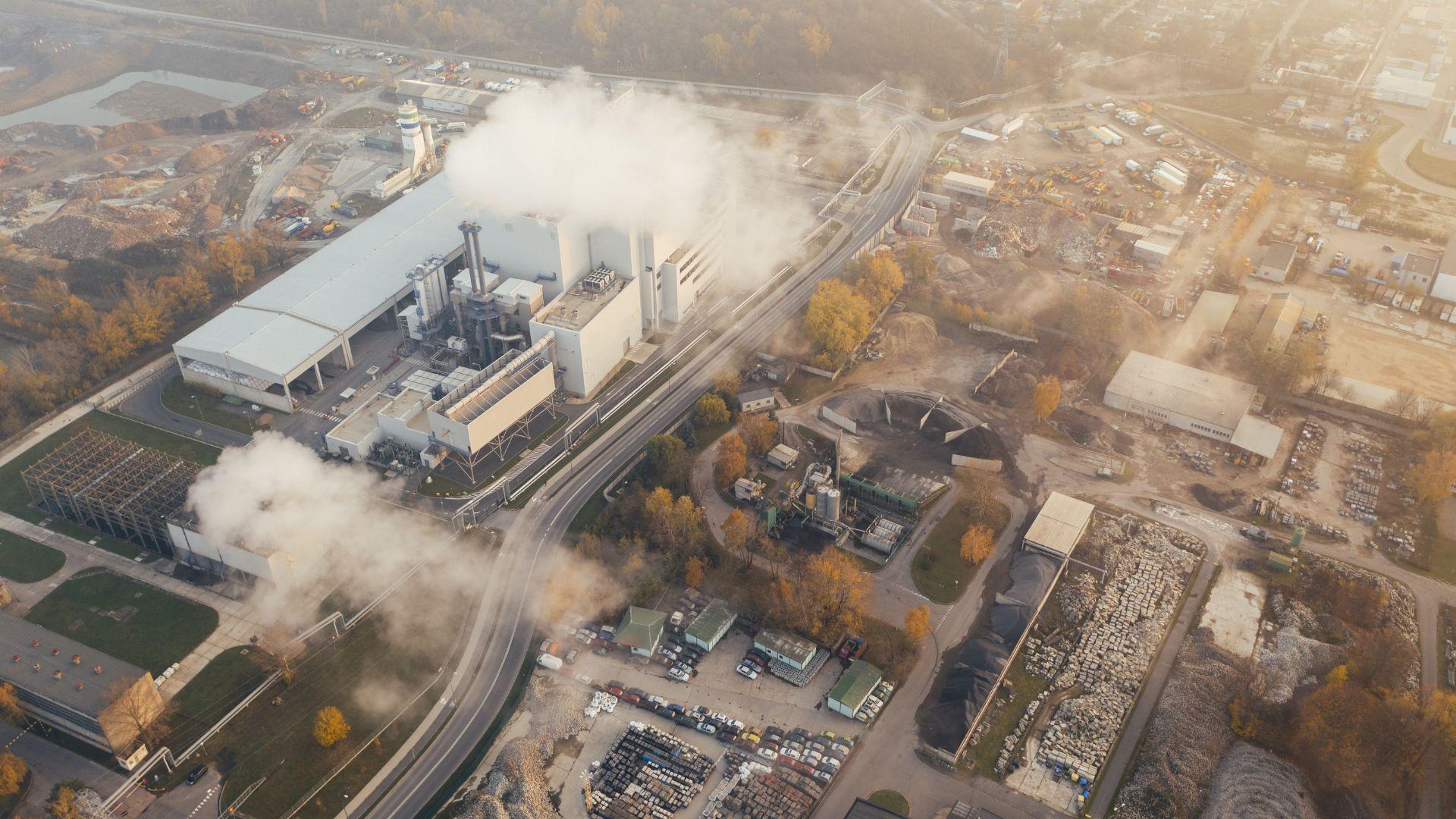
While carbon offsets, credited for reducing greenhouse emissions, are gaining traction, Kerry asserts their supplementary role.
In his perspective, while they offer potential benefits, they shouldn’t overshadow the primary focus: a robust carbon tax. They’re tools in the arsenal but shouldn’t be the only weapons wielded against climate change.
The Main Carbon Culprits
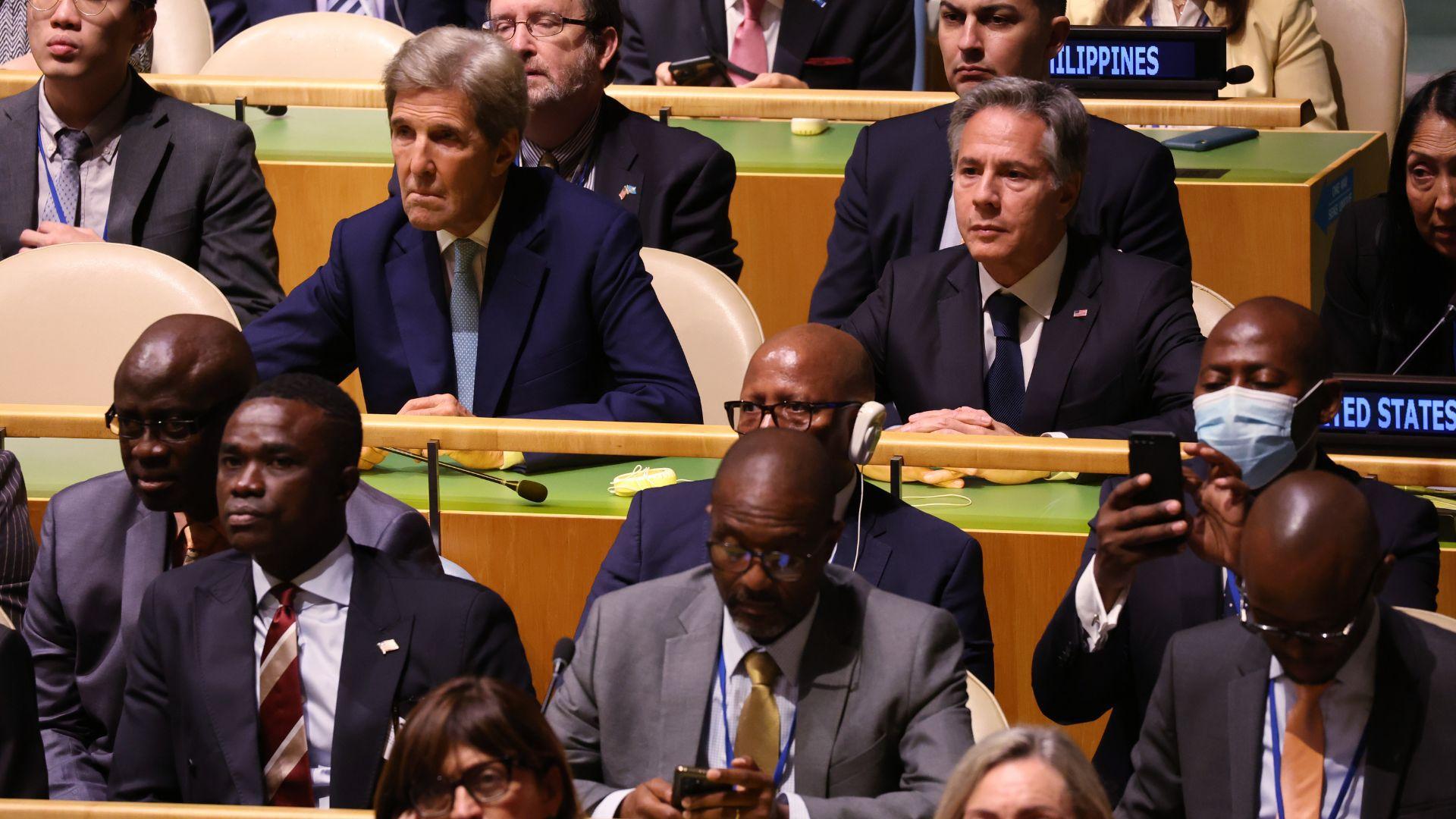
A revelation that cannot be ignored is the dominant role the world’s 20 wealthiest nations play in global carbon emissions, accounting for a staggering 80%.
As Kenya takes the lead in hosting pertinent climate discussions, the upcoming U.N. conference in Dubai is anticipated with bated breath.
Unraveling Africa’s Economic and Climate Challenges
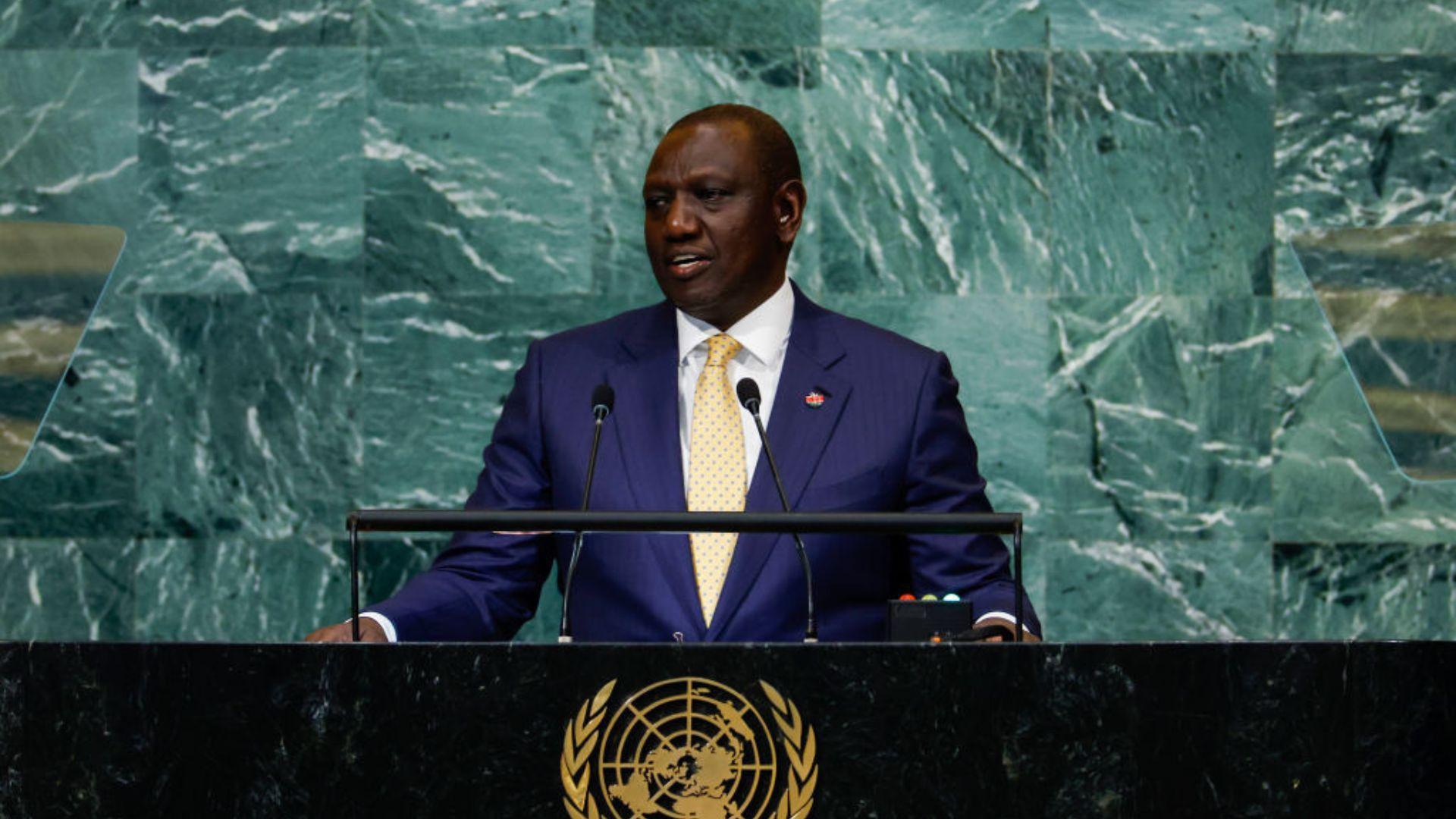
President William Ruto of Kenya vocalized his concerns over the inextricable link between Africa’s economic stagnation and climate change.
Pinpointing the prosperous economies of Europe, Asia, and North America as significant contributors, Ruto ardently advocated for a global carbon emissions tax to bridge the chasm.
Kenya’s Bold Stand on Carbon Accountability
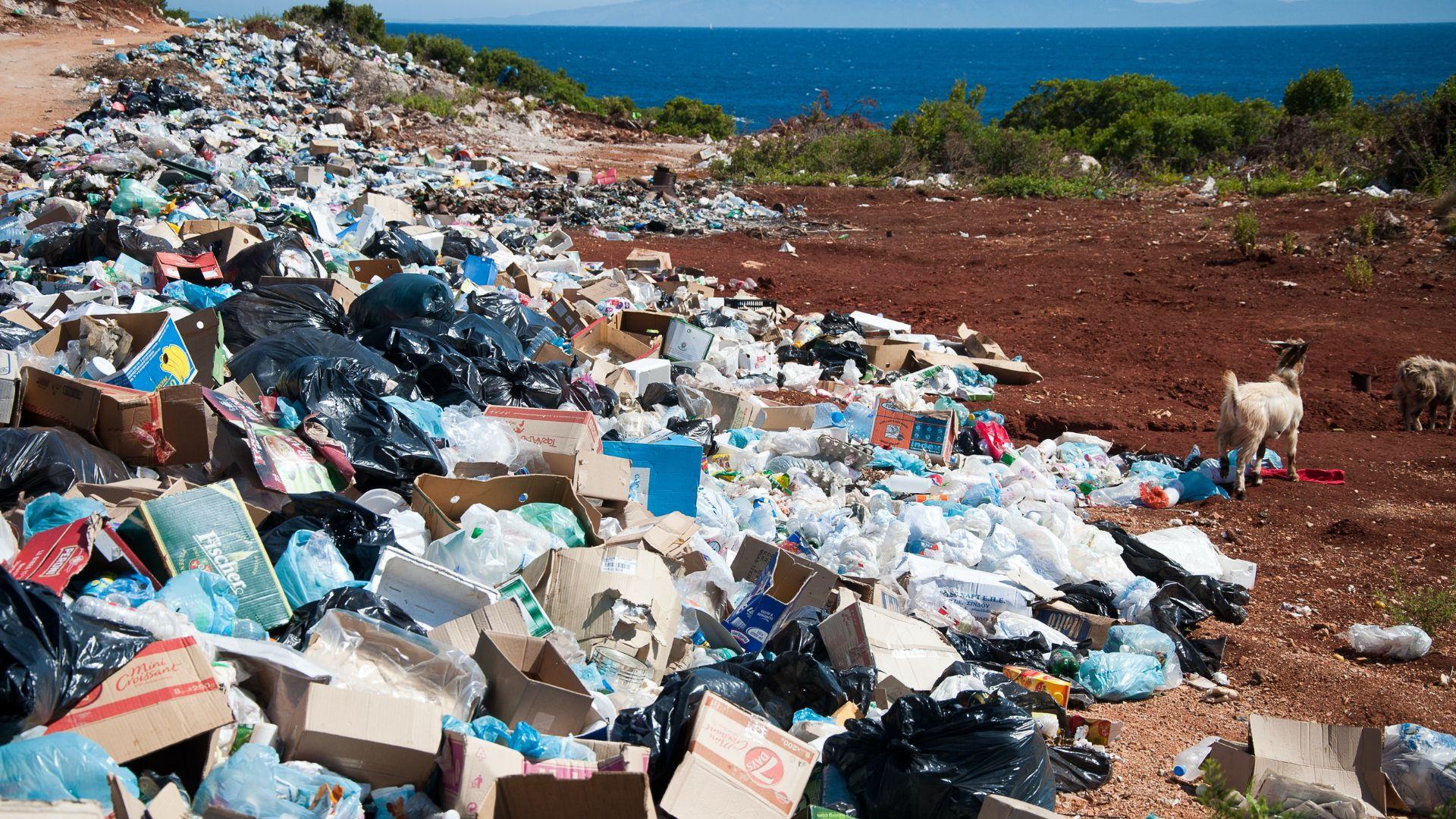
Echoing a sentiment gaining momentum globally, President Ruto made an impassioned plea for the imposition of a carbon tax.
In a statement highlighting the neglect of major polluters, he remarked, “Those who produce the garbage refuse to pay their bills,” bringing to focus the global inequities in environmental responsibility.
Rethinking Climate Conversations and Commitments
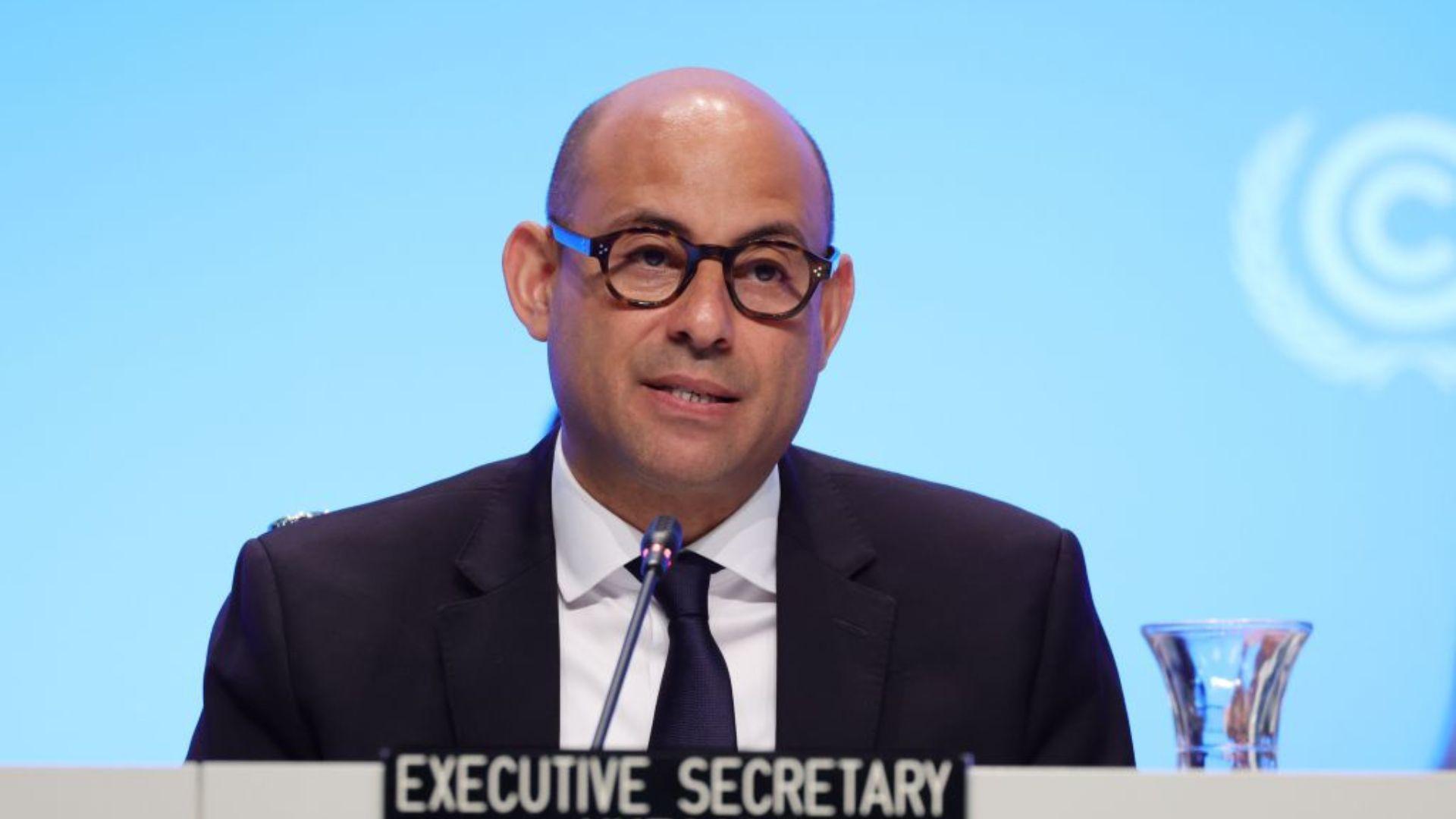
As the dialogue on climate change evolves, it appears that a shift in approach might be necessary. Simon Stiell, the executive secretary of the United Nations Framework Convention on Climate Change, highlighted a significant concern amidst the bustling schedule of global climate events.
According to Stiell, the rapid succession of conferences has been limiting opportunities for deeper, constructive contemplation on viable solutions.
